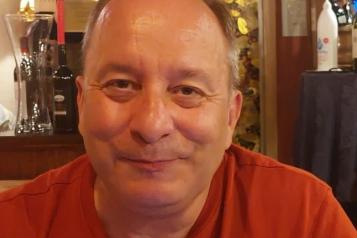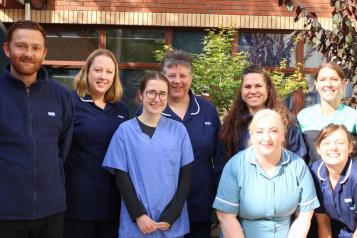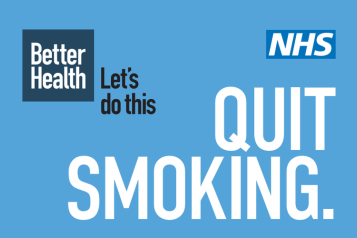Celebrating Gypsy, Roma and Traveller History Month

Please tell us a bit about yourself and the work that you do.
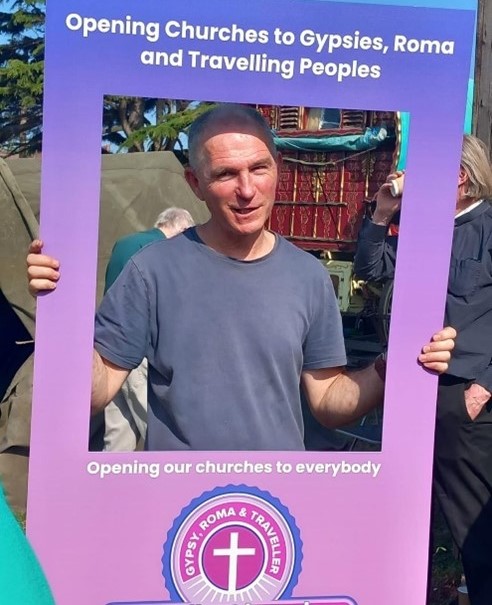
"I'm Jonathan Herbert and I'm an ordained minister in the Church of England. About 12 years ago I got asked to become chaplain to the Gypsy, Roma and Travellers across Dorset and Wiltshire. To begin with I said no, because it was a part-time post [but] I suddenly woke up one morning and I thought, yeah, I'm going to do this job. I'll do it for a couple of years and see how it goes and 10 years later, I'm still doing it."
How do you support people in the Gypsy, Roma and Traveller community?
"I support people directly by going to visit them where they are. 70% of Gypsy, Roma and Travellers now live in houses but most probably wouldn't want to be. I visit people in their homes and most often that will mean sitting in their garden, as often people may prefer to be outdoors. I also visit people at local authority sites, as well as a fair number who live on their own land. Sometimes I visit people on ‘unauthorised encampments’, so if I hear that a group have turned up and are camping on a playing field somewhere, then I'll go and say hello to them. Other places that I meet people are horse fairs, or in prisons – which is great because I’ve got a captive audience. Literally!"
Why do you believe it’s important to celebrate the Gypsy, Roma and Traveller history and heritage?
"It’s so important in Gypsy, Roma and Traveller History month that we educate, and we take the opportunity to host events, so that people can meet others from that vibrant community. It's important to celebrate any kind of cultural diversity and heritage because not only does it enrich us, but more importantly, we need to push back against prejudice.
"Educating and informing children in schools about Gypsy, Roma, and Traveller heritage is really important, because if people are ignorant about the culture, then it allows people to slip into casual racism. What you don't know about, you can be afraid of. But once you begin to learn about somebody's culture, and crucially, once you meet them, you realise they're no different to anyone else. Yes, they have a different rich culture, but underneath we all have the same colour blood, we all like to talk about food, we all like to love our families, we all have our own particular interests."
How can Gypsy, Roma and Traveller History Month help to increase awareness and understanding of these communities?
"Every year in Dorchester, we have a Gypsy, Roma and Traveller History Day in the Borough Gardens, which is a great event. This year the event is being held on 5 July, from noon to 4pm.
"We have an old fashioned, flat top waggon, a bow top waggon, people doing traditional crafts including peg making, paper and wooden flowers, and basket making. We also have a storyteller, food and other information about the history that is available to people.
"For Gypsies and Travellers, they still live under the shadow of the Roma Holocaust when over 500,000 people were killed in death camps like Auschwitz. We annually commemorate Roma Holocaust Day on 2 August – this year it will be at Wimborne Minster. It’s really important to remember and to educate others, because almost everybody knows about the Jewish Holocaust, but a lot of people still don't know about the Roma Holocaust. All too often Gypsy, Roma and Travellers are the forgotten people until it comes to pitching up, camping nearby and then there's all kinds of negative stereotyping and just real unpleasantness."
What are some of the common misconceptions or stereotypes about Gypsy, Roma and Traveller communities, and how can we help to challenge these?
"I think making people scapegoats is an awful human condition. Common assumptions that go back to the 16th century describe Gypsies as dirty, thieving, naughty, idle and ungodly. This for me as a minister is ridiculous; I experience the absolute opposite of that. In terms of cleanliness, if you go into a trailer or caravan of a Gypsy, Roma or Traveller, they will be immaculately clean. Also they really are often people who have very strong faith and are very devout.
"There are some common misconceptions. Yes, sometimes rubbish gets left because if you're on the road, you haven't got a wheelie bin handy and you can't go to the local tip, particularly if your vehicle is a truck.
"The former Poole Council was good. As soon as they saw an unauthorised encampment they would visit them to negotiate, allowing them to stay for three/four days, provide a skip and a couple of portable toilets and that seemed to work very well. Whereas with Dorset Council, I know of a couple of occasions where they have just dropped off some bin liners and bagged rubbish left is spread everywhere by wildlife.
"Another incorrect stereotype is that Gypsy, Roma and Travellers are all criminals, but that’s really not my experience. In my opinion, there is a disproportionate number in prison because they're not served well by the criminal justice system and more likely to get a custodial sentence."
What do you think health and care services could do differently to better support the Gypsy, Roma and Traveller community?
"Gypsy, Roma and Travellers are four times more likely to be anxious compared to the average person, three times more likely to be depressed and seven times more likely to commit suicide. With these mental health statistics, I think health services need an informed approach to understand the ongoing trauma of forced settlement or racism, how that diminishes people, and the impact it can have in terms of physical health.
"People in Gypsy, Roma and Traveller communities are dying younger and have more chronic illness and health conditions like diabetes. Sometimes people with undiagnosed diabetes don't seek help until it's so bad that they need an amputation. A crucial aspect is building trust with health professionals because the community tends not to trust people in authority because of past negative experiences. Some people have been told that they can’t register at a GP Surgery without a fixed address, the health staff use long words, or they are given a form to fill in by someone unaware that their literacy skills are quite low.
"Kushti Bok, a Gypsy, Roma and Traveller organisation in Dorset is working hard to raise awareness and encourage people to go for scans and check-ups. It has started a brilliant partnership with the Citizens Advice Bureau, so that their advisors are trained to work with people from those communities. They now employ two people with Traveller heritage and the results have just been incredible; they’ve built trust, use the right words and know who is related to who.
"Taking great care over recruitment, training and education can be what really changes things in health and care services for the Gypsy, Roma and Traveller community over the long term."
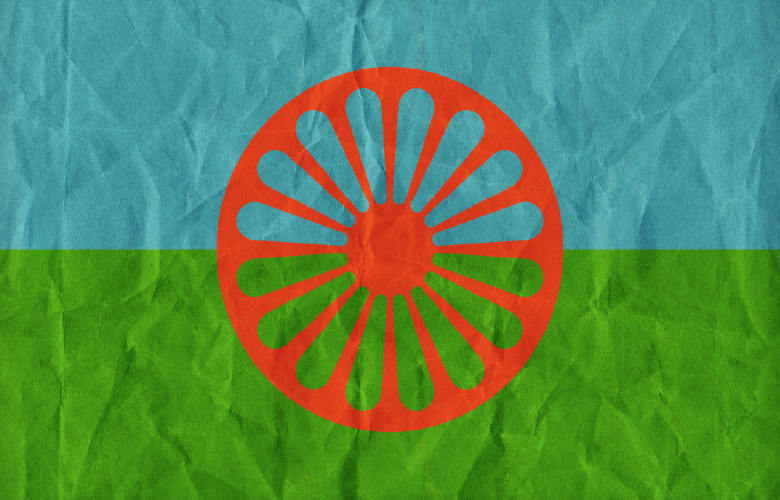
Watch our video
To mark Gypsy, Roma and Traveller History Month, we also spoke to Susan, who shared her experience and insight of what it was like for her growing up in the culture, and later being moved into housing.
Read the transcript (download PDF 50KB) | Watch our video on YouTube
Share your story
Get in touch to share your experiences of local health and social care services, good and bad, to help make care better for all Dorset residents.
